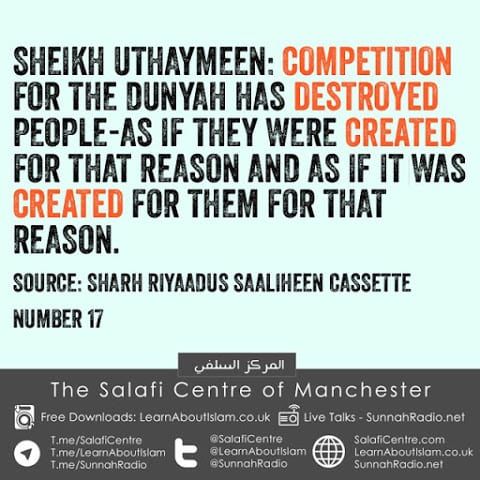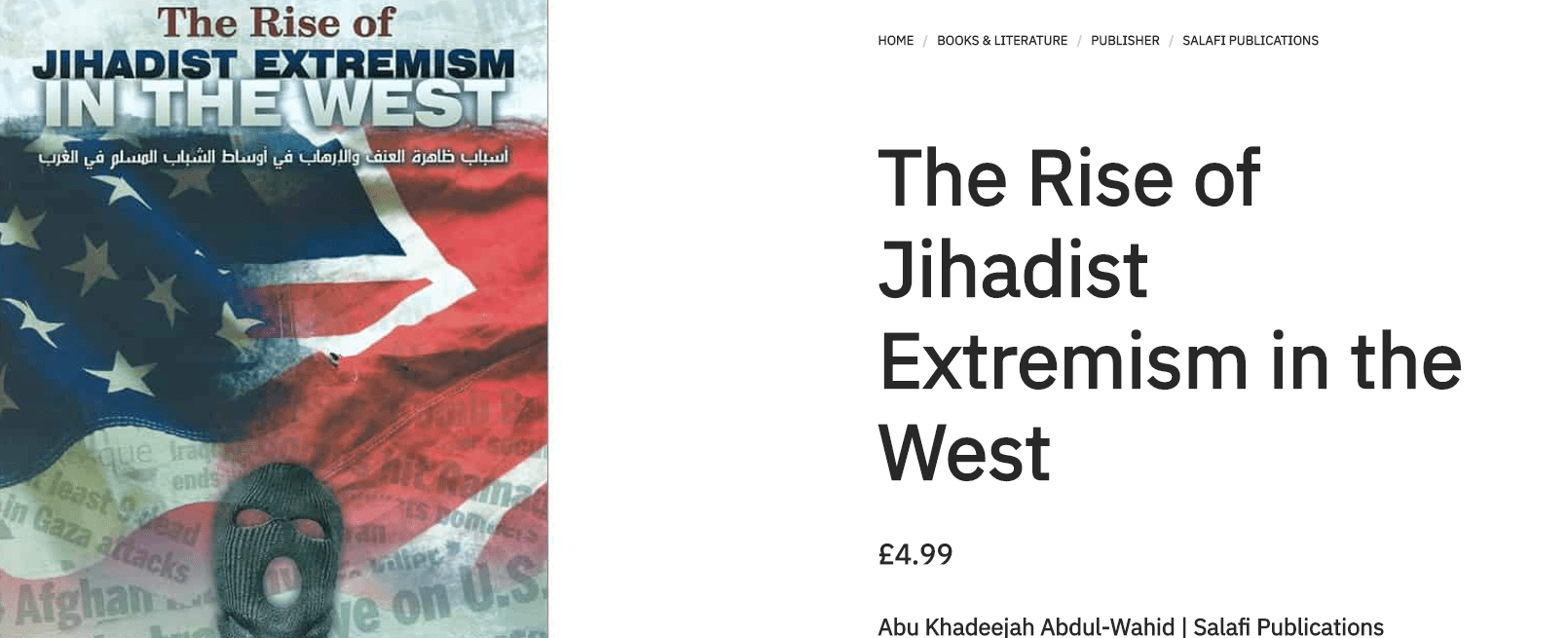In The Name of Allaah, The Most Merciful, The Bestower of Mercy
Shaikh Abdul Muhsin Al-Abbaad [may Allaah preserve him] said: As for hajj, it is a great act of worship. Allaah (The Mighty and Majestic) made it an obligation upon His slaves at least once in a lifetime. Hajj includes acts of worship related to wealth and physical actions. It has good outcomes and praiseworthy end results in the life of a person. The Noble Prophet (sallal laahu alayhi wasallam) said: ”(The performance of) Umrah is expiation for the sins committed between it and the previous one. And the reward of Al-Hajj Al-Mabroor (the one accepted by Allaah) is nothing but Paradise.”[1]
Abu Hurairah (radiyallaahu-anhu) said that the Messenger of Allaah (sallal laahu alayhi wasallam) was asked about the best of deeds, so he replied, ”To believe in Allaah and His Messenger.’’ The questioner then asked, ‘’What is the next (in goodness)?’’ He replied, ‘’To participate in Jihaad.’’ The questioner again asked, ‘’What is the next (in goodness)?’’ He replied, ‘’To perform Hajj Mabroor (which is accepted by Allaah…)” [2]
Abu Hurairah (radiyallaahu-anhu) also narrated that the Messenger of Allaah (sallal laahu alayhi wasallam) said: ”Whoever performs Hajj for Allaah’s sake only and does not have sexual relations with his wife and does not do evil or sins; then he will return (after hajj, free from sins) as if he was born anew.”[3]
A ‘Hajj Mabroor’ (the one accepted by Allaah) is the hajj a person performs in conformity with the Sunnah of the Noble Messenger (sallal-laahu-alayhi-wasallam), and the sign of a ‘Hajj Mabroor’ is that a person’s becomes better than what he was before hajj. So if a person’s evil state of affairs changes to a good state, or changes from a good state to a state even better than that, then this is a clear sign that his hajj is Mabroor [accepted by Allaah].
Hajj and Umrah include acts of worship, such as Tawaaf, which is not performed in any other place besides its designated place (i.e. around the Kabah). Tawaaf is an act of worship, which Allaah has specified to be carried out around the Baitul Ateeq [i.e. The Ancient House (the Haram)]. So when a person reaches Makkah, he [or she] performs Tawaaf around the Baitul Ateeq. He [or she] seeks nearness to Allaah (The Mighty and Majestic) with an act of worship (i.e. Tawaaf) which one could not have being able to perform except in Makkah. That is because Tawaaf cannot be done except around the Noble Kabah. So this reminds a person and makes him [or her] aware of the fact that Tawaaf performed in any other place in the earth is not legislated by Allaah (The Mighty and Majestic). Therefore, it is not permissible to make Tawaaf around any tomb or any other place in the earth besides the Noble Kabah.
Also, this is the case with kissing and indicating with one’s hand towards the Black Stone and the Yemini Corner; for indeed Allaah (The Mighty and Majestic) did not legislate for the Muslims to seek closeness to Him by kissing any other stone or indicating with one’s hand towards it except in those two places (i.e. the Black Stone and the Yemeni corner). And because of this when Umar Ibnul Khattaab (radiyallaahu anhu) approached the Black Stone, he kissed it and then said: ‘’No doubt, I know that you are a stone and can neither harm (anyone) nor benefit anyone. Had I not seen Allaah’s Messenger (sallal-laahu-alayhi-wasallam) kissing you, I would not have kissed you.’’ [4]
Also from the good outcomes of Hajj and Umrah is that when the one in Ihraam removes his normal clothing and wears the Ihram, which is worn by both the poor and the rich, it reminds him of the cloth he will be shrouded with when he dies; so he prepares himself for righteous actions and that is the best of all provision for the hereafter, as Allaah (The Most High) said: [وَتَزَوَّدُواْ فَإِنَّ خَيۡرَ ٱلزَّادِ ٱلتَّقۡوَىٰۚ -And take a provision (with you) for the journey, but the best provision is At-Taqwa (piety, righteousness, etc.)’’ [2:197]
Also from the good outcomes of Hajj is the gathering of the pilgrims at Arafah, which is a reminder of the gathering of the people on the Day of Judgement; so this (i.e. standing at Arafah) becomes a drive (or motive) for a person to prepare himself for that standing on the Day of Judgement by performing righteous deeds.
Also during Hajj the Muslims from the East and West regions of the earth get to meet one another; so they co-operate with one another and advise one another. They get to know the state of affairs of one another; so they share happiness and joy with one another, just as a person would share the pain that befalls his brother and then guides him towards what is obligatory to do regarding that. So they all co-operate upon righteousness and piety just as Allaah (Glorified Be He) commanded them.
[Abridged and slightly paraphrased. See link:
http://www.salaficentre.com/2017/08/good-outcomes-ibaadaat-acts-worship-life-muslim-shaikh-abdul-muhsin-al-abbaad-may-allaah-preserve/
References
[1] Bukhaari. Number 1773 and Muslim. Number 1349
[2]Bukhaari Number: 26 and Muslim Number 83
[3]Bukhaari Number: 1521 and Muslim 1350
[4] Bukhaari. 1597 and Muslim 1270









